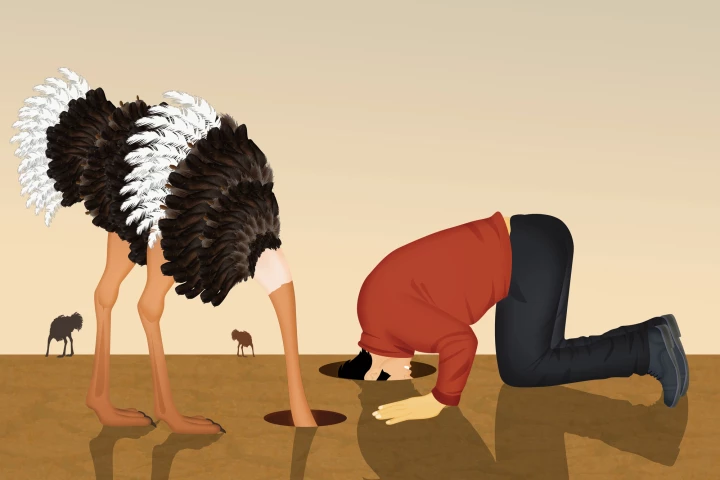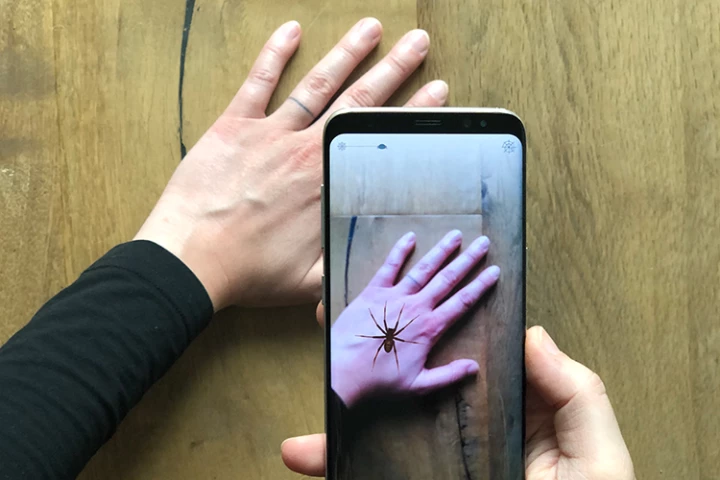Fear
-
Whether it's watching the news or checking a bank account, adults often deal with uncertainty by switching off – even when that knowledge is useful. Now, scientists have identified when it is we start to go down the "ignorance is bliss" path, and why.
-
Manipulating brain cells called astrocytes using light prevented the retention of fear memories long-term, according to new research. This opens the door to potential treatments for conditions like PTSD, which is characterized by abnormal fear memory.
-
It's normal to feel anxious about going under the knife, but stress before surgery can range from mild anxiety to overwhelming fear. Now, researchers believe a tech more often seen in video games – augmented reality – can help relieve that anxiety.
-
Pennywise, Twisty, Wrinkles, Bozo, Krusty and Ronald McDonald. What do these names have in common? They're all clowns, and, to some people, they're terrifying. A new study has examined the widespread phenomenon of clown phobia to determine how it begins.
-
A new smartphone app is using augmented reality to help reduce a person’s fear of spiders. In a study published in the Journal of Anxiety Disorders the app was found to significantly reduce feelings of fear and disgust after a two-week program.
-
The human brain reacts completely differently to a threat that invades your personal space compared to those that are further away, according to a new study that combined MRI scans with VR technology.
-
New research from the University of Queensland (UQ) has now found a chemical pathway that helps the brain wipe fear memories, which could lead to new potential treatments for phobias and other fear-related anxiety disorders.
-
A new study has used a VR-based treatment to help people overcome a fear of heights. The treatment is the first to demonstrate the effectiveness of a completely automated therapy guided by a computer-generated virtual therapist that responds to the patient's voice.
-
Scientists have directly identified the cluster of neurons in the brain responsible for recalling long-term memories of traumatic experiences, helping answer the question of whether therapy suppresses fear-based memories or if it actually rewrites those memories.
-
Researchers recently discovered a startling side-effect of the common antibiotic doxycycline - it can disrupt and suppress the formation of fear memories in the brain, pointing toward novel new treatments for disorders such as PTSD.
-
Researchers have come up with a way to eliminate specific fears from the brain without the subject actually needing to confront them, an approach that could offer more comfortable ways of treating phobias and post-traumatic stress disorders.
-
A team of researchers from MIT has discovered a circuit in the brains of mice that, when stimulated, can prolong the effects of therapy designed to suppress fear-related phobias.
Load More











